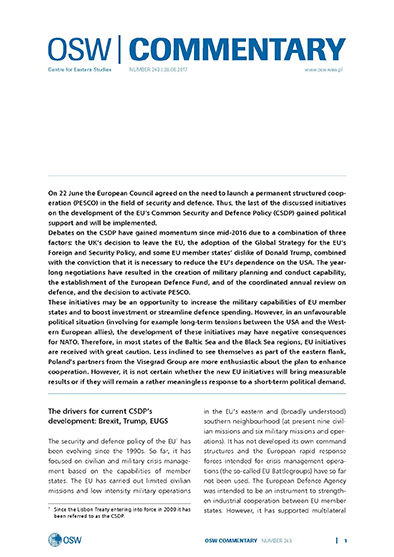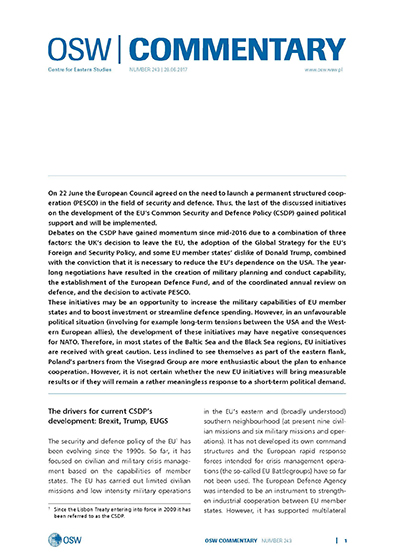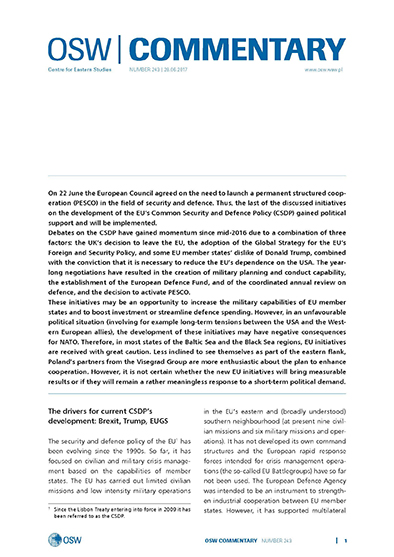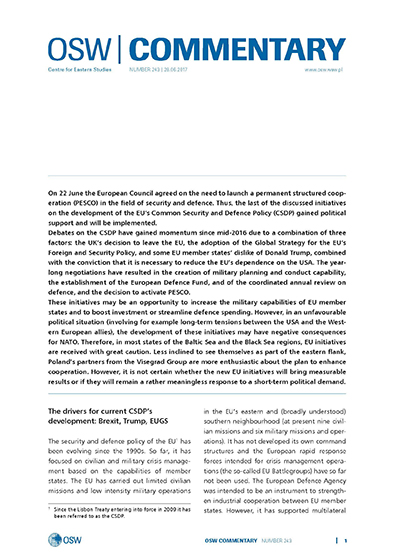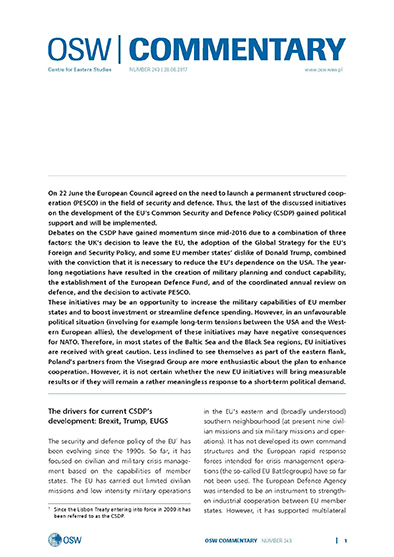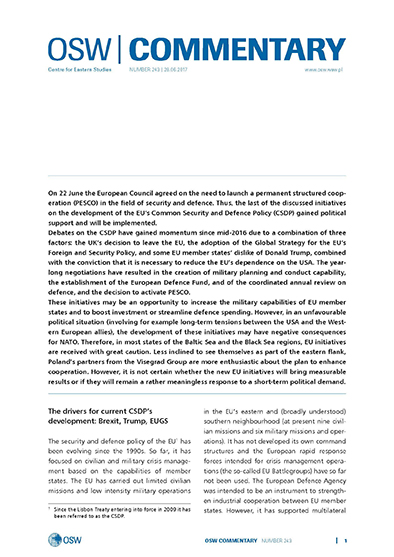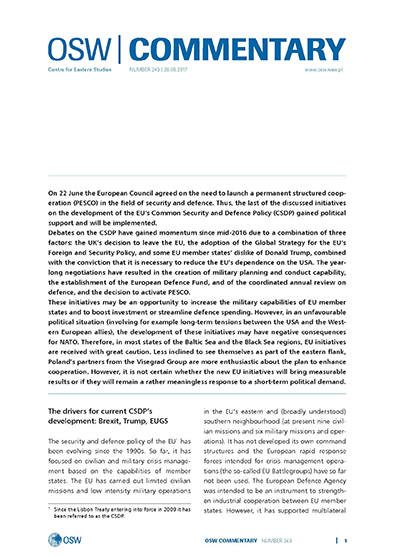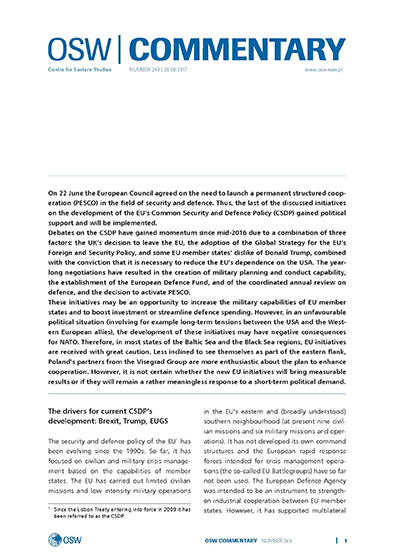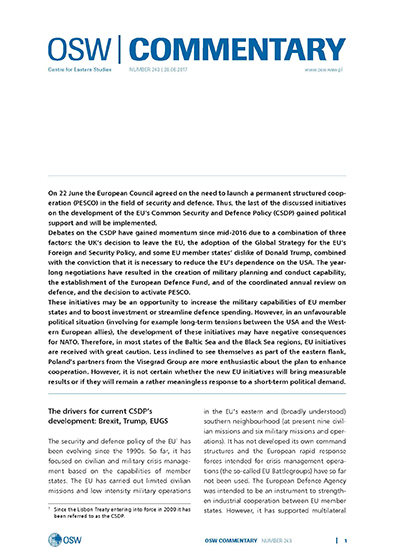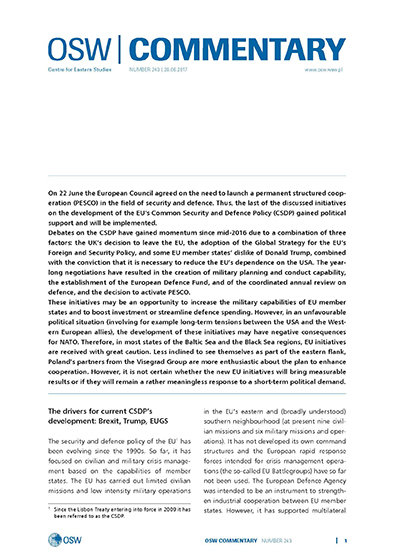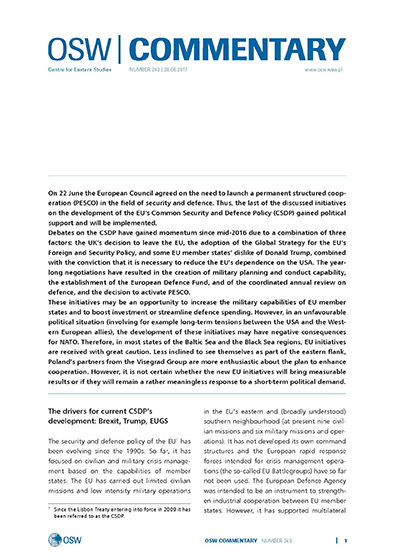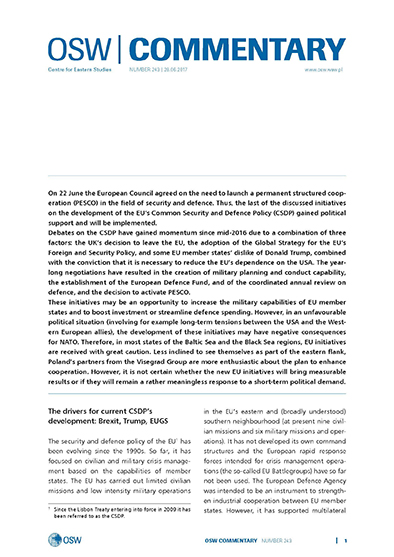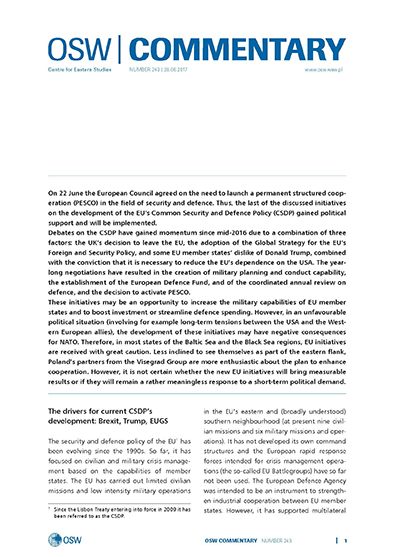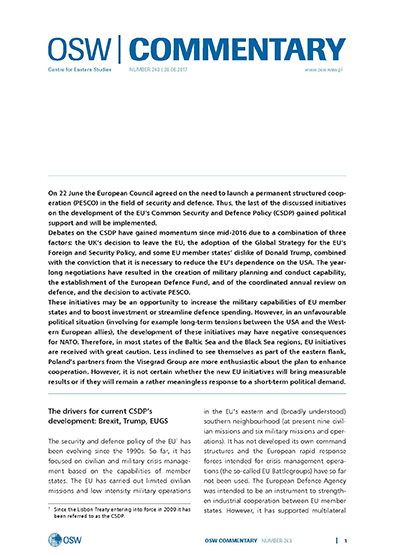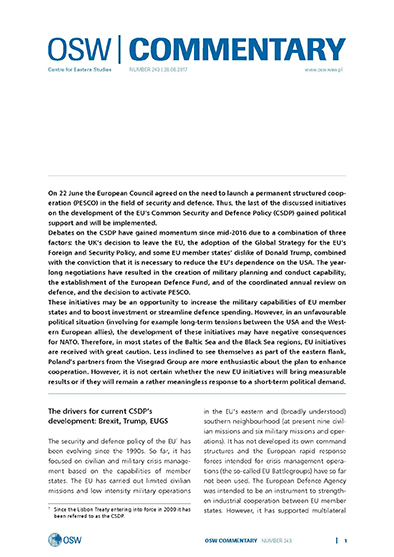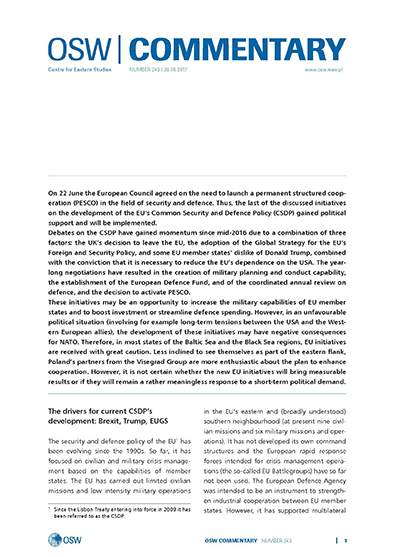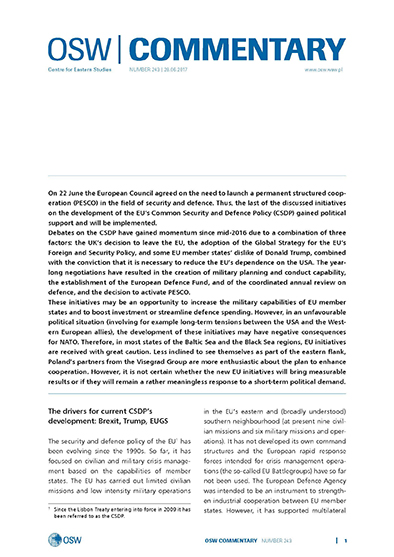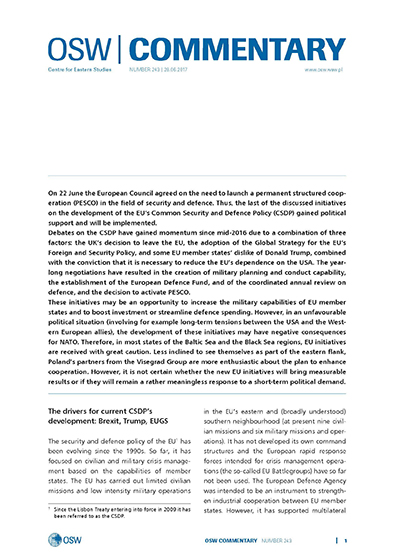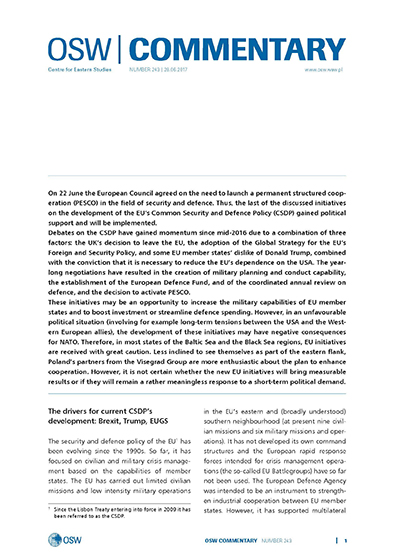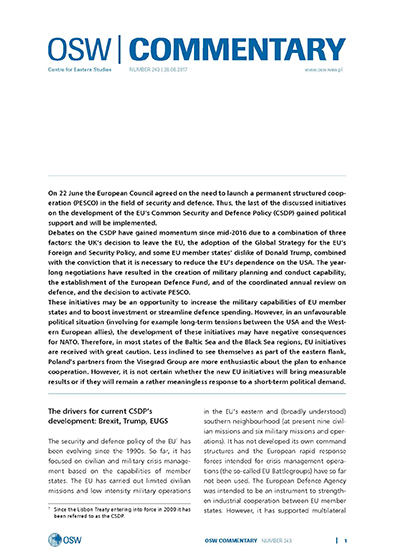
A game played according to Lukashenka’s rules: the political opposition in Belarus
A game played according to Lukashenka’s rules: the political opposition in Belarus
Keywords: Lukashenka; Belarus
The Belarusian opposition is currently experiencing its deepest crisis since Alyaksandr Lukashenka took power in 1994. Following many months of negotiations, opposition leaders failed to select a joint candidate for the presidential election scheduled for 11th October. The failure of this latest round of talks has proven that not only is the opposition unlikely to threaten Lukashenka’s rule; it will not even be able to demonstrate to society that it could provide a genuine alternative to the present government.The presidential election in 2010 was a painful landmark for the opposition. The repression that accompanied the election has largely weakened political circles opposed to the government. Against this backdrop, the traditional internal problems of the opposition have worsened, such as its incapacity to reach agreement and develop a common, coherent operational strategy, the excessive ambitions of the leaders of particular groups, the low level of political maturity, mutual distrust and frequent personal conflicts. As a result the opposition has for years been unable to gain confidence in society and reach beyond the limited number (20%) of staunch proponents of democratic transformations. Given the fact that the Belarusian opposition is fragmented and lacks one clear leader, the readiness to support individual leaders does not exceed several per cent, according to independent surveys. Lukashenka’s present political opponents rather resemble a group of dissidents, than constitute a genuine opposition to the government. The crisis and helplessness of opposition circles are more acute given Belarus’s internal situation since for the first time Alyaksandr Lukashenka will run his presidential campaign in the context of the economic crisis and a forecasted fall in GDP.
More...
